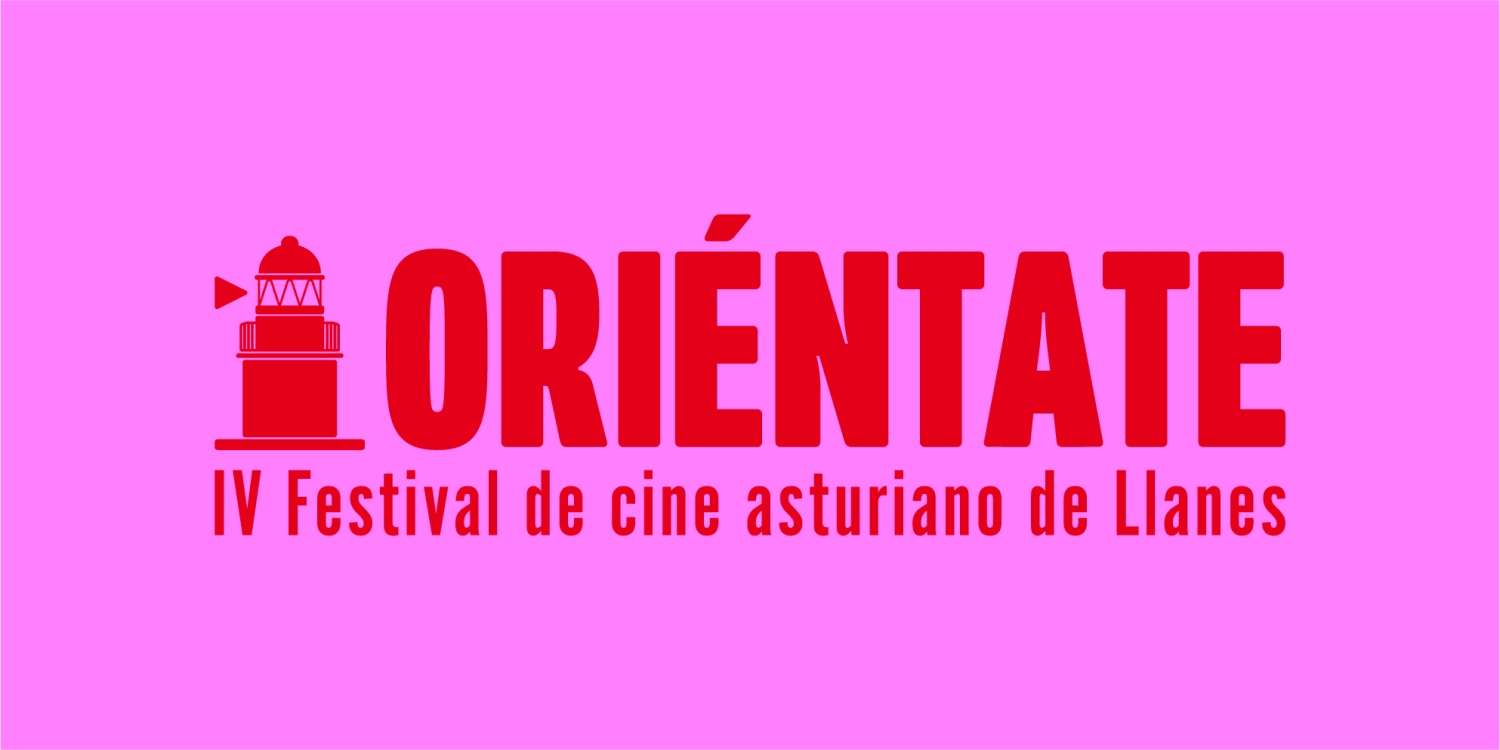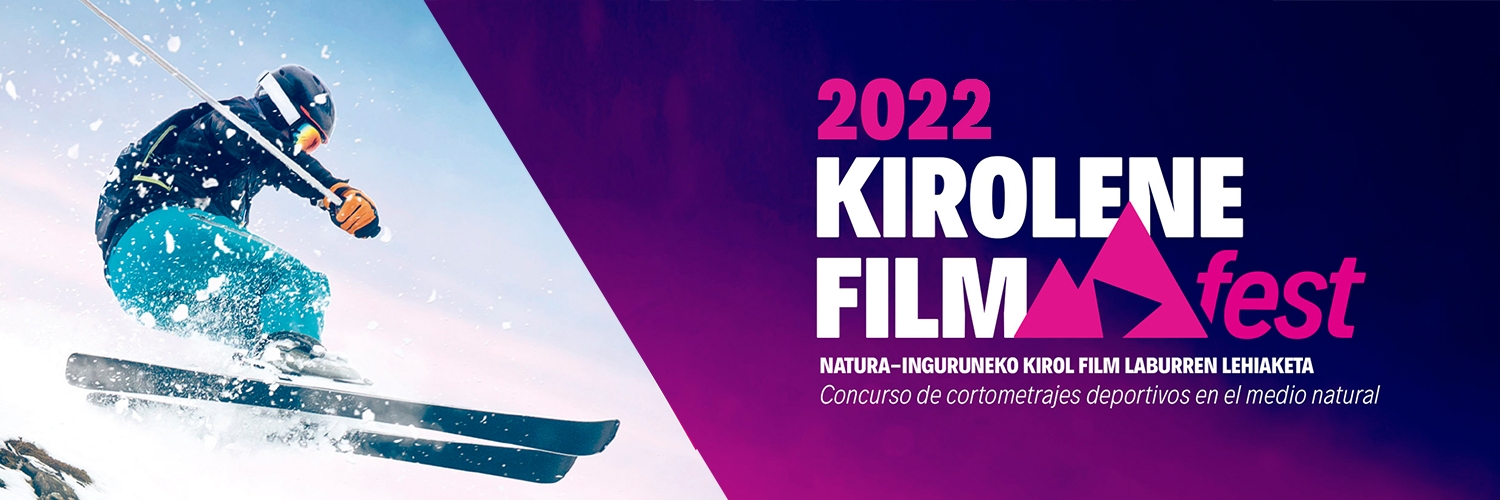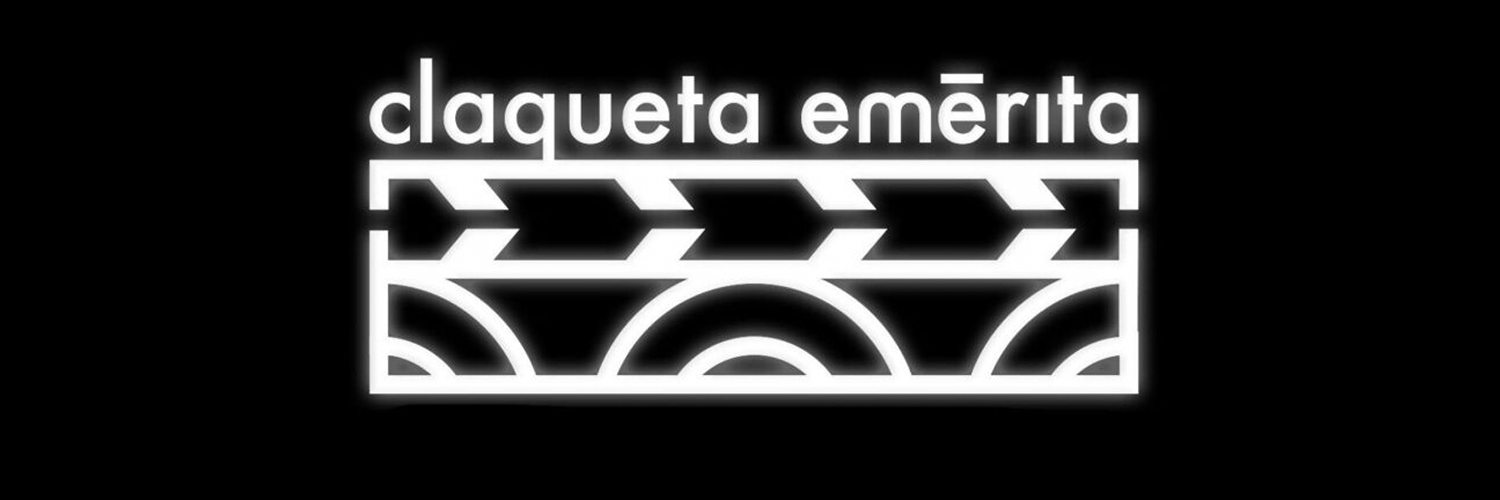

Deadline
12 Sep 2022
Published: 02 Sep 2022
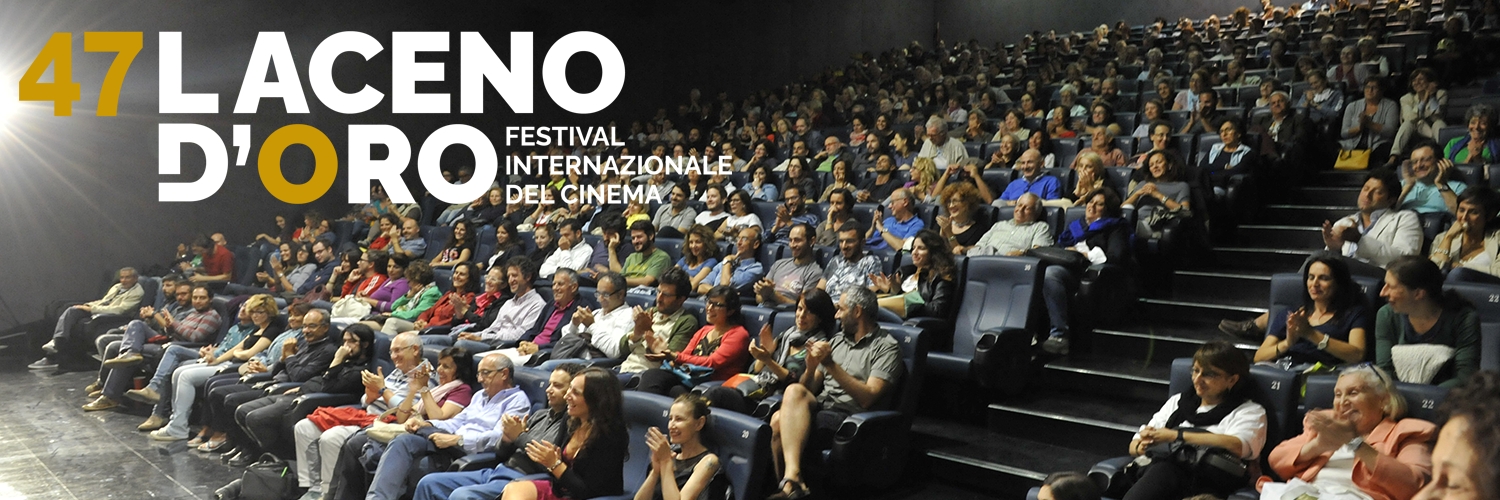
Laceno d`oro International Film Festival
Avellino, Italy
COMPETITION ANNOUNCEMENT
Circolo ImmaginAzione for film culture, as part of Laceno D’Oro Film Festival 2022, announces two international contest categories: feature & medium-length films, and short films.
Furthermore, there will be a competition called SPAZIO CAMPANIA, including works by authors from Campania and produced in Campania only.
ADMISSION REQUIREMENTS
The call is open to movies produced and shot in any video format, regardless of the genre and nationality, and completed after January 1st, 2021.
Works already distributed in Italian theatres will be excluded, as well as works already released in Italy on streaming platforms. National Previews will be prioritized.
COMPETITION CATEGORIES
1) CONCORSO LACENO D’ORO 47: full-length and medium-lenght films, both fictional and documentaries, with a running-time over 30 minutes.
Works which will stand out for their experimental and fresh approach will be taken into further consideration.
2) Short-movies competition “Gli occhi sulla città”: short-films not exceeding 30 minutes, including credits.
Each work will have to stand out for the way they deal with issues related to urban spaces, to the environment and to the landscape. This topic can be explored with the outmost freedom. Each work, however, will have to ponder how moviemaking can tell, depict, or even “predict” the changes of urban spaces and contemporary landscapes. All authors will deal with this topic in their own creative and original way.
3) SPAZIO CAMPANIA, for all works - with no length or genre restrictions - created by authors from Campania or produced in Campania.
To be valid, all movies must be submitted, according to the submission details included in this call, no later than September 12th, 2022.
International Festival
Short film festival
Feature film festival
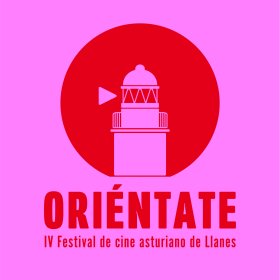
Deadline
30 Oct 2022
Published: 02 Sep 2022
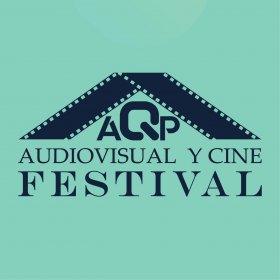
Deadline
08 Oct 2022
Published: 02 Sep 2022
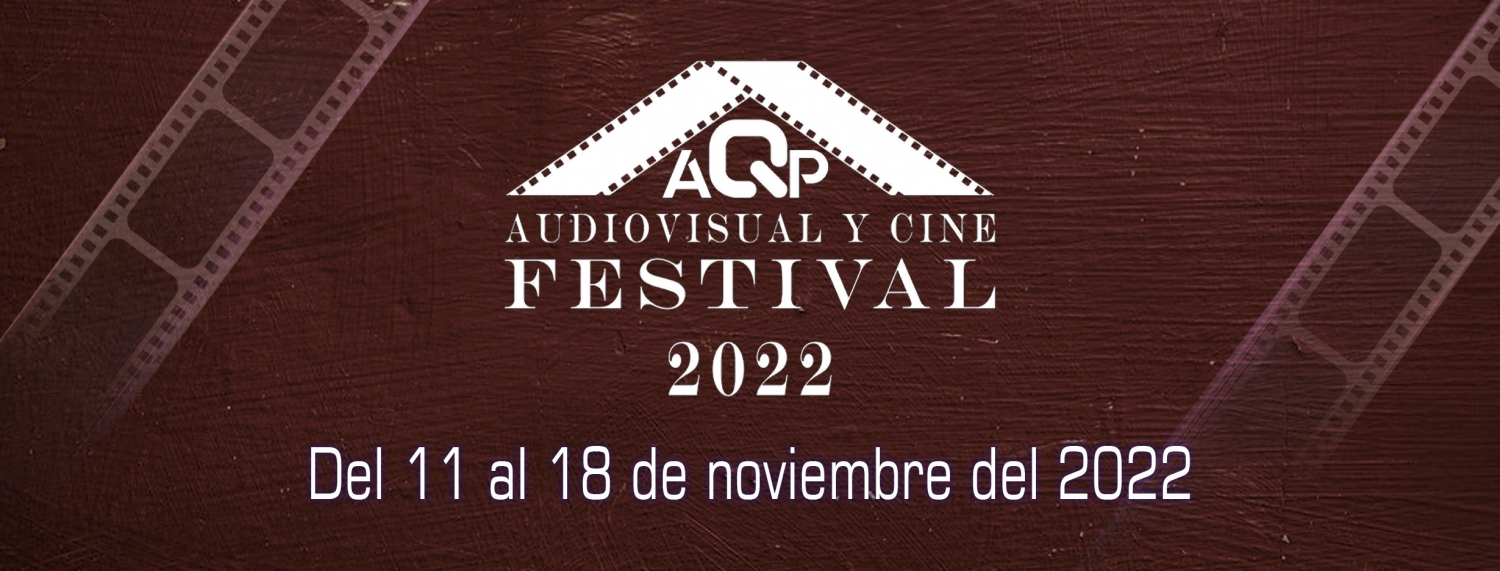
AQP AUDIOVISUAL Y CINE FESTIVAL
Arequipa, Peru
AUDIOVISUAL AND FILM FESTIVAL AQP 2022 PRESENTIAL - VIRTUAL in its seventh edition.
Festival organized by the company JOPE ART VIDEO S.R.L.
The AQP AUDIOVISUAL AND FILM FESTIVAL, in its seventh edition, will take place in person/virtually from November 11 to 18, 2022, where we will pay tribute to the creator of the AQP Audiovisual and Film Festival, artist and filmmaker Jorge Luis Fernández Zegarra.
International Festival
Short film festival
Feature film festival
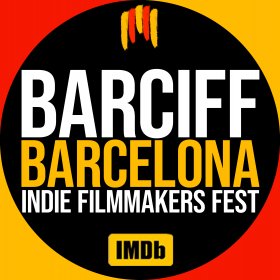
Deadline
15 Jun 2023
Published: 02 Sep 2022
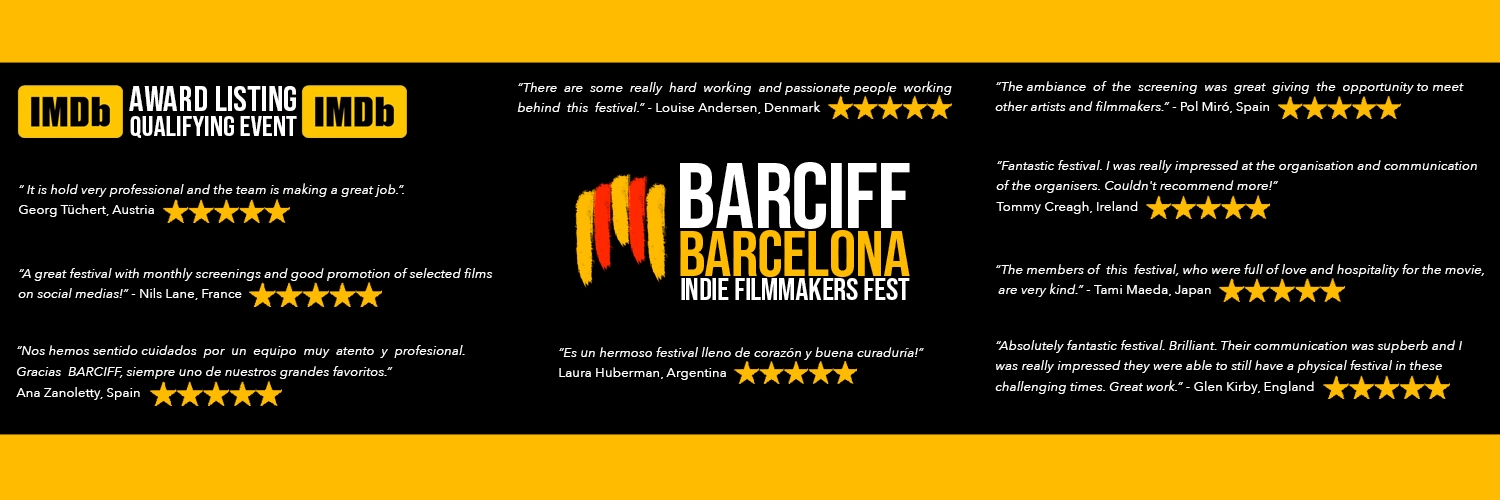
BARCIFF • Barcelona Indie Filmmakers Festival
Barcelona, Spain
¡Hola! We are BARCIFF • Barcelona Indie Filmmakers Festival, an international film festival with monthly screening events in Barcelona - Spain, and member of the IBERIFF • Iberia Indie Film Festivals, which celebrates and showcases new productions and independent artists from all over the world in Barcelona (BARCIFF), Madrid (MADRIFF), València (VALÈIFF), Seville (SEVIFF), Lisbon (LISBIFF) and Montpellier (MONTIFF), that you can also find them here, in Festhome!
BARCIFF shares the mission of its associate festivals of supporting emerging talents, encouraging artistic exploration, fostering networking, promoting cultural exchange and engaging the local community by providing a platform to present the work of independent filmmakers.
Fiction films, animation, documentary and experimental works of any genre and subject are welcome!
International Festival
Short film festival
Feature film festival

Deadline
31 Oct 2022
Published: 02 Sep 2022
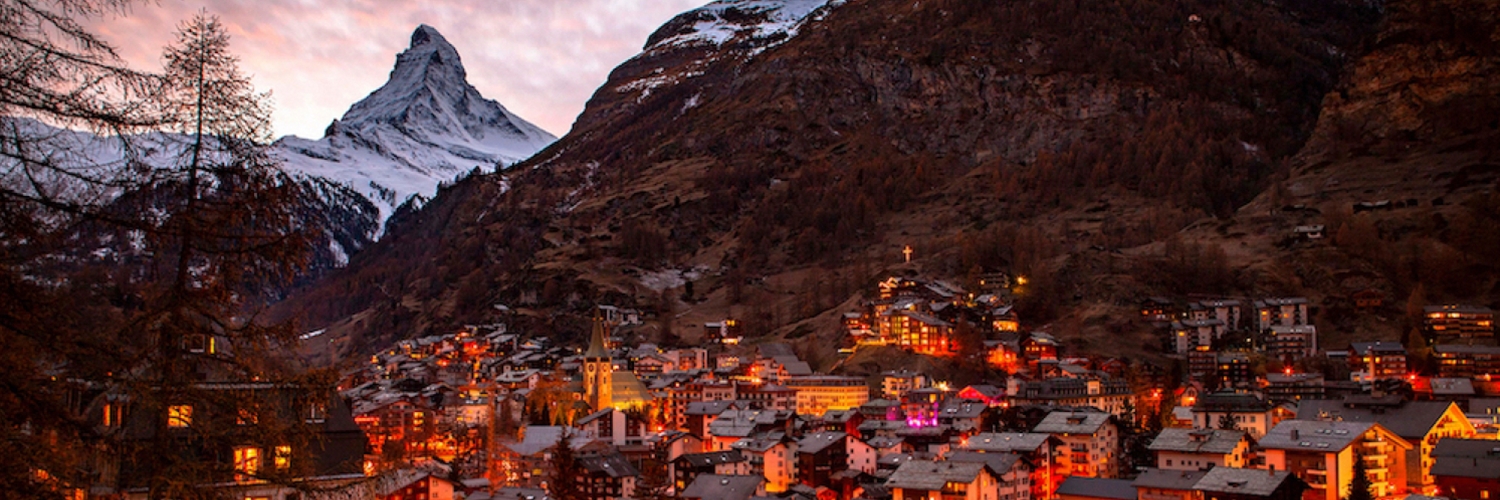
19 ª Mostra Internacional de Filmes de Montanha
Rio de Janeiro, Brazil
Accepted films will be short, medium and feature length films produced in digital video; categories in documentary, fiction, experimental or animation; movies about mountain sports, adventure or expedition; films that contribute to knowledge and protection of the environment; films about mountain culture or outdoors lifestyle.
International Festival
Short film festival
Feature film festival
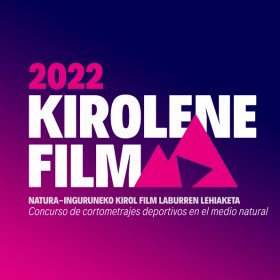
Deadline
20 Oct 2022
Published: 02 Sep 2022

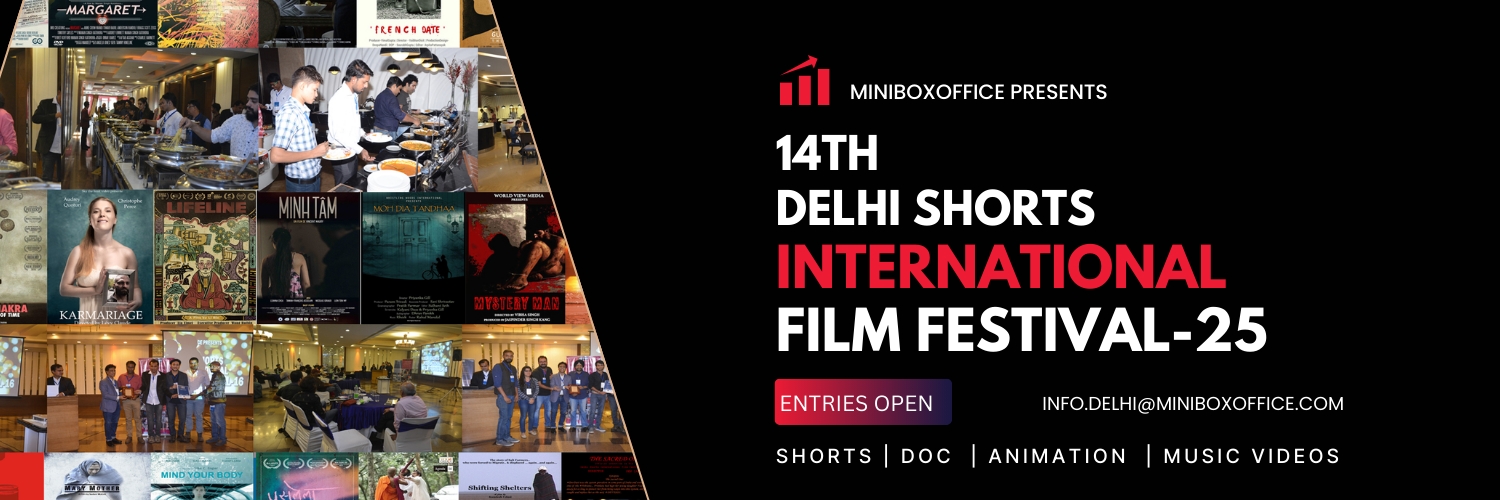
14th Delhi Shorts International Film Festival-25
Greater Noida, India
Promoting short films and documentaries culture in a country where commercial cinema has always ruled the roost is not an easy task. Delhi Shorts International Film Festival is one such successful effort started in year 2012 by Miniboxoffice with successful 2012 to 2025 editions. The festival brings thoughtful, highly creative & engaging short films from around the world to fulfill the cinegoers' appetite of the capital city of India. The festival aim is to establish a short film industry which runs parallel to commercial cinema.
15th Delhi Shorts International Film Festival-2026 is meant to grow many folds. The inaugural year 2012 was a big success followed by super successful previous editions & enjoys the credibility of one of the most trusted short film festival of India. The festival was not only embraced by the short filmmaker’s but regarded by the media & industry members also.
The festival objective is to boost-up the short film market & providing exhibition platform to short filmmakers. The festival gives the professional networking opportunities & at the same time introduces the latest trends in cinema to the filmmakers. 15th DSIFF-26 is a unique platform here you can share, learn, showcase, observe & do many more thing to polish your creative & technical skills. We hope that this festival will turn a milestone in your filmmaking career.
International Festival
Short film festival

Deadline
30 Sep 2022
Published: 01 Sep 2022

LGBT Film Festival El Lugar Sin Límites
Quito, Ecuador
El Lugar Sin Límites, está considerado entre los cuatro mejores festivales de Cine del Ecuador y es una de las actividades más importantes de la comunidad LGBTI ecuatoriana, adicionalmente es calificado como uno de los Festivales de Cine LGBTI más relevantes de la región.
Todos los trabajos deben estar doblados al español o con subtitulos en español, cuyo tema principal sea sobre LESBIANAS, GAYS, BISEXUALES, TRANS E INTERSEX.
International Festival
Short film festival
Feature film festival
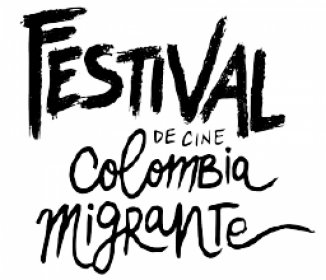
Deadline
03 Sep 2022
Published: 01 Sep 2022
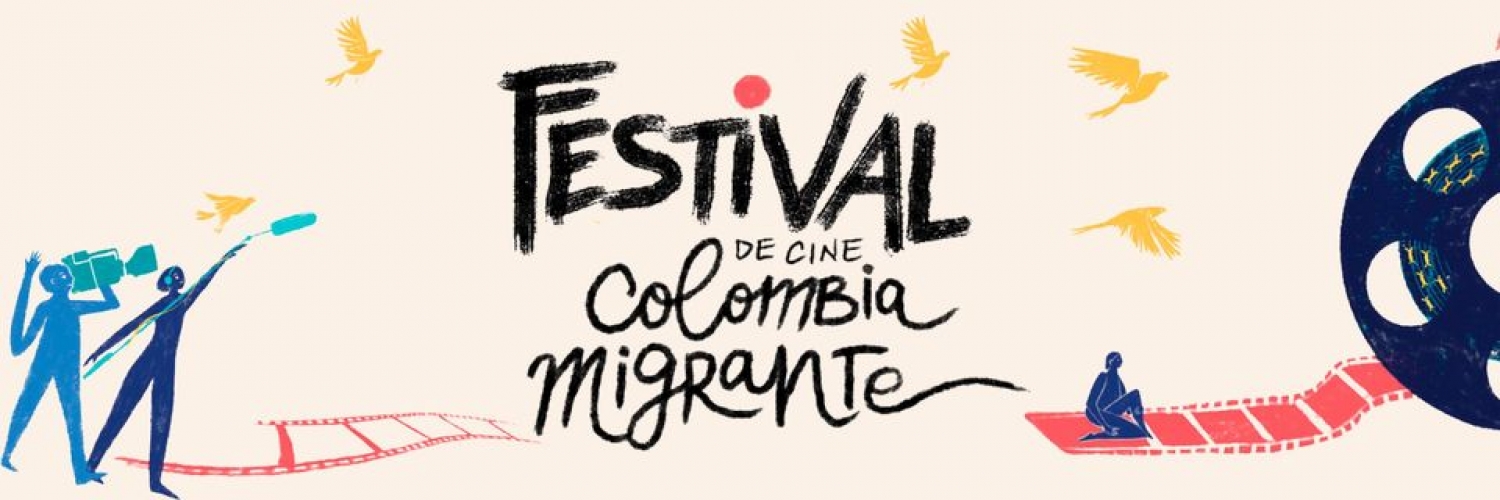
COLOMBIA MIGRANT FILM FESTIVAL
Bogotá, Colombia
El Festival de Cine Colombia Migrante (FCCM) es una apuesta por visibilizar, generar lazos y crear un espacio de difusión, apoyo y creación de productos cinematográficos y audiovisuales que narren de alguna forma, la complejidad de los fenómenos de migración de los colombianos al interior de su territorio y al exterior. Como también lo que significa para algunos extranjeros migrar a Colombia.
La complejidad de los fenómenos del movimiento y la migración humana nos abre la posibilidad de considerar distintos factores, procesos, lugares, representaciones y prácticas en torno a estos. Por esta razón y para poder generar una visibilidad efectiva, una comunicación acertada y poder apoyar la generación de nuevos proyectos, este festival se centrará en que cada edición tenga una línea temática única. Para nuestra primera edición la temática central es: El Exilio.
International Festival
Short film festival
Feature film festival
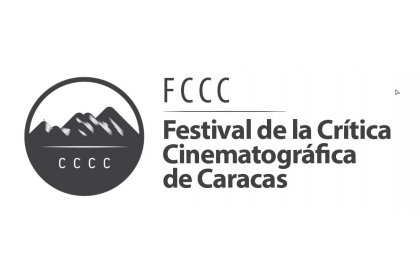
Deadline
30 Sep 2022
Published: 31 Aug 2022
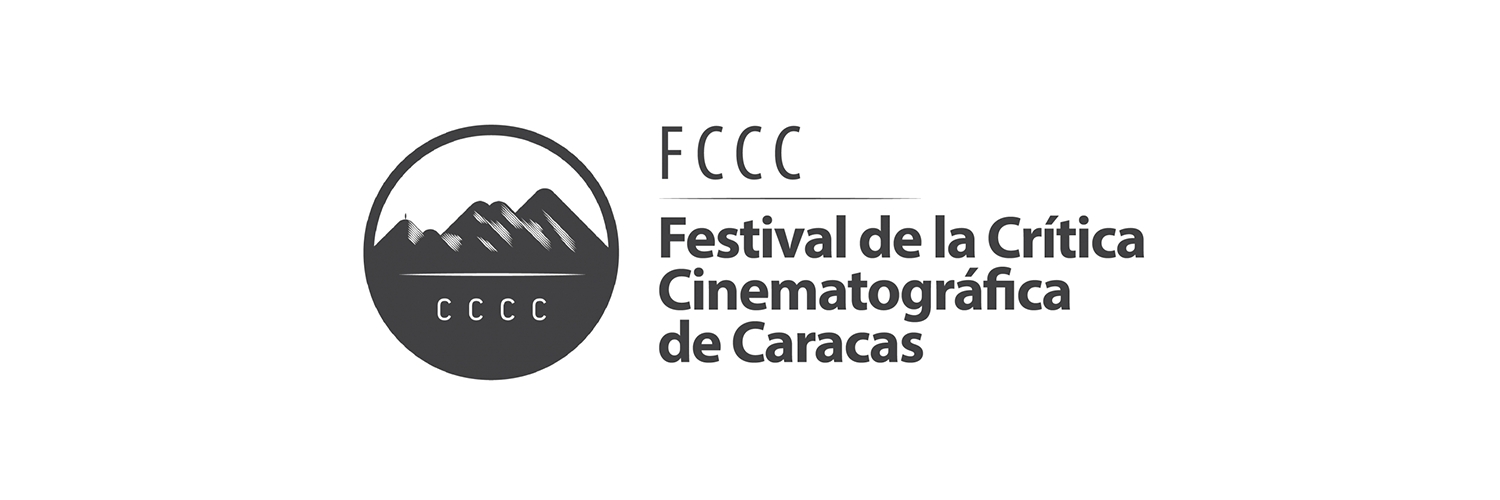
Caracas Movie Critics` Film Festival
Caracas, Venezuela
The Caracas Film Criticism Festival is conceived as a space to reflect and reward the expression of significance of film criticism in various national and international works. From In this way, it seeks to encourage, promote and disseminate Venezuelan cinema, as well as the analysis depth of the cinema made in Venezuela in comparison with the international cinema awarded in the festivals in Berlin, Cannes, Locarno, San Sebastián and Venice.
The Caracas Film Critics Festival is designed as a space for reflection which aims to reward the best national and international works, according to the standards of film criticism.
In this way, we seek to carry out an in-depth analysis of the cinema made in Venezuela and abroad.
Of it, as well as encourage, promote and disseminate the cinematographic act. From a point of view external, thanks to the participation of foreign collaborators.
International Festival
Short film festival
Feature film festival

Deadline
28 Sep 2022
Published: 30 Aug 2022

Festival de Cinema de Muriaé
Muriaé, Brazil
The Muriaé Film Festival (FCM) is a cultural event that seeks recognition and dissemination of national and regional audiovisual productions. Throughout its editions, face-to-face and online versions were built, allowing the permanence of this cultural action.
In its 7th edition, the Muriaé Film Festival reinforces its commitment to the dissemination of the Brazilian audiovisual scenario, innovating through the construction of a hybrid event (online and in person), with access to all corners of the country.
SCHEDULE:
- Registration: August 10 to September 15, 2023
- Awards: October 07, 23 (Live broadcast on the website: https://festivaldemuriae.com.br/)
- Film screening: October 5st to 15th/22
Short film festival
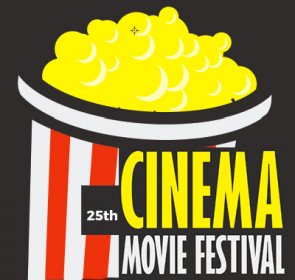
Deadline
31 Dec 2022
Published: 30 Aug 2022
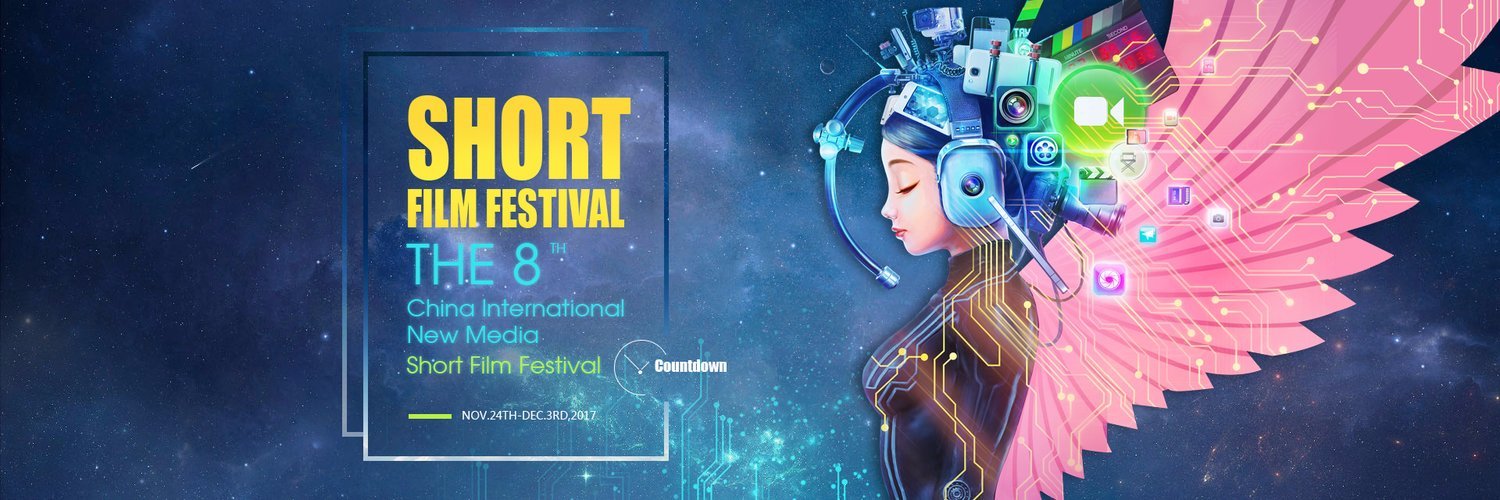
Festhome Festival Test English 47
Ciudad, Spain
The SITGES - International Fantastic Film Festival of Catalonia is a specialized, competitive fantastic genre Festival in accordance with the regulations established by the FIAPF (International Federation of Film Producers Associations). The Festival has also been declared a “Qualified Festival” by the Academy of Motion Picture Arts and Sciences® in the United States. This means that those shorts winning the awards for “Best Short Film” in the Official Fantàstic Selection and “Best Short Film” in the Anima’t category will automatically be taken into consideration by the Hollywood Academy Awards® selection committee.
International Festival
Short film festival
Feature film festival

Deadline
15 Sep 2022
Published: 30 Aug 2022


Screamfest® Horror Film Festival
Beverly Hills, United States
2024 New York Times names Screamfest as one of the top 5 Halloween Film Festivals Worth Traveling For!
The 26th annual Screamfest® Horror Film Festival will take place at the TCL Chinese Theatres in Hollywood.
Some of the largest horror online publications have called it the "Sundance of Horror."
Dread Central's Best Genre Fests 2025-26
Moviemaker Magazine's 50 Film Festival's Worth the Entry Fee 2023
50 Best Genre Fests in the World 2021
25 Film Festival's Worth the Entry Fee & 13 Film Festivals to Die For
30 Bloody Best Genre Fests in the World 2019.
Screamfest® Horror Film Festival is the largest and longest running horror film festival in the United States. Paranormal Activity was discovered and premiered at the festival in 2007.
The festival showcases new genre films from around the world. Other premieres have included Steven Soderbergh Presents Divinity, world premiere of Hulu's Carved and Mr. Crocket, ICK, Paranormal Activity: The Ghost Dimension, Paranormal Activity, Dead Ant, Trick 'r' Treat, 30 Days of Night, The Human Centipede, American Mary, Diary of the Dead
To view past Screamfest® short films visit our YouTube channel - www.youtube.com/screamfestla
MELIES!
International Festival
Short film festival
Feature film festival
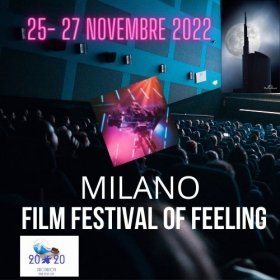
Deadline
24 Oct 2022
Published: 28 Aug 2022
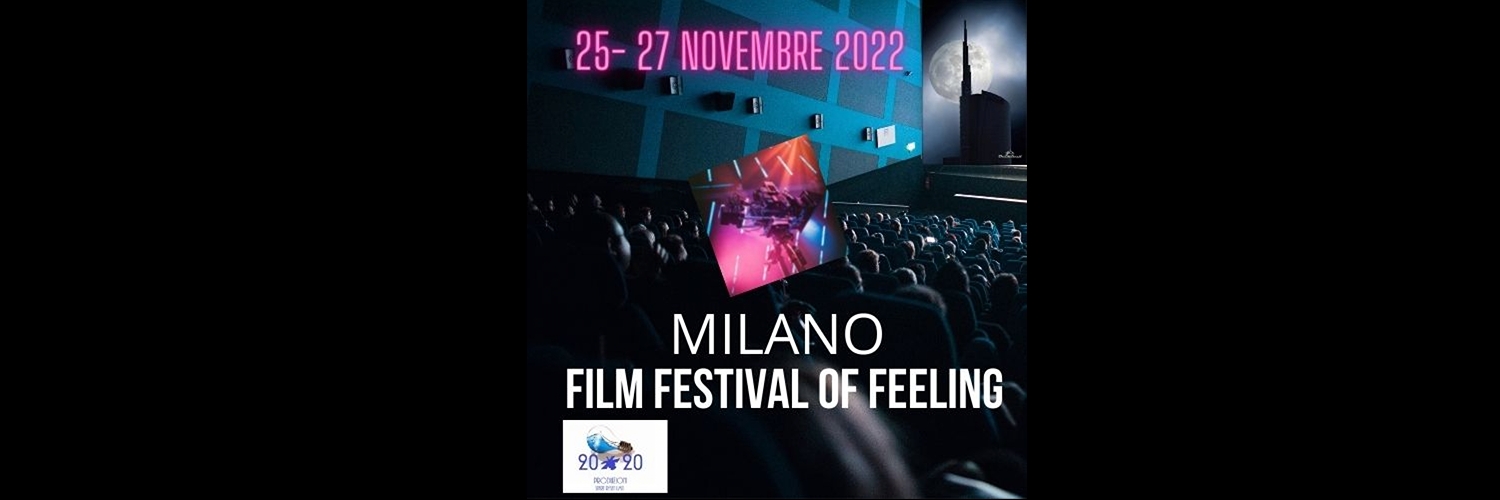
MILANO FILM FESTIVAL of FEELING
Milano, Italy
The Festival has a double value and is proposed as a meeting point between directors, authors and producers to develop future initiatives and the presentation and promotion of films of all nationalities, genres and lengths that address the themes of feelings.
The Feelings that have always been described in novels and leave the pages transporting the reader to different worlds between the pages of literature are the common thread of classic literary narratives but feelings are not only the fruit of literary imagination.
Describing feelings in film shoots is much more difficult but not impossible and in films where this happens masterpieces are born.
What we would like to see is the development of these films, their conception, creation and development.
Positive feelings such as love, admiration, respect or negative feelings such as hatred, aversion, indifference in cinema.
International Festival
Short film festival
Feature film festival
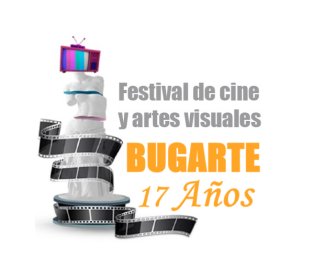
Deadline
18 Sep 2022
Published: 28 Aug 2022
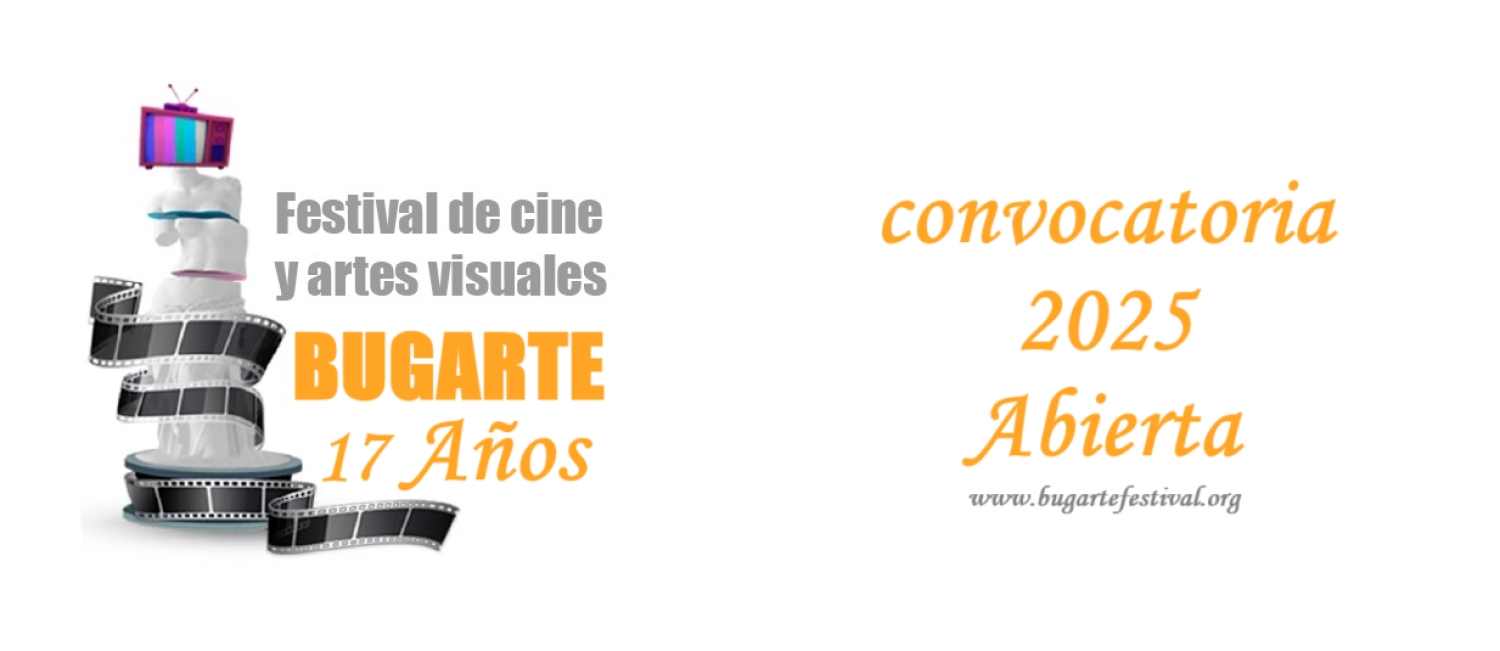
Bugarte Film and Visual Arts Festival
Guadalajara de Buga, Colombia
Born in 2009 in order to highlight and encourage artistic expression, film and cultural identity of the region. Promoting the permanence of cultures and strengthening the cultural policies of the city as a mechanism for citizen and community participation; thus supporting the development, exhibition and dissemination of film and the visual arts in the city of Guadalajara de Buga and Valle del Cauca; proposing dialogue between the various expressions of art today and their participation mechanisms mainly in the youth population. This festival seeks to create spaces for discussion, artistic and audiovisual creation in a participatory manner.
The festival became the first event of its kind in this area, for display, training, capacity building and collective on the subject of film and visual arts in Guadalajara de Buga and Valle del Cauca.
International Festival
Short film festival
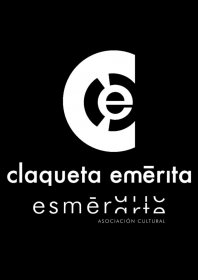
Deadline
30 Sep 2022
Published: 28 Aug 2022
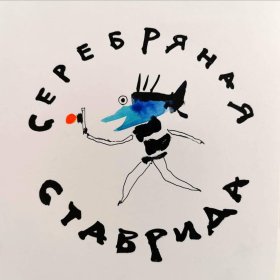
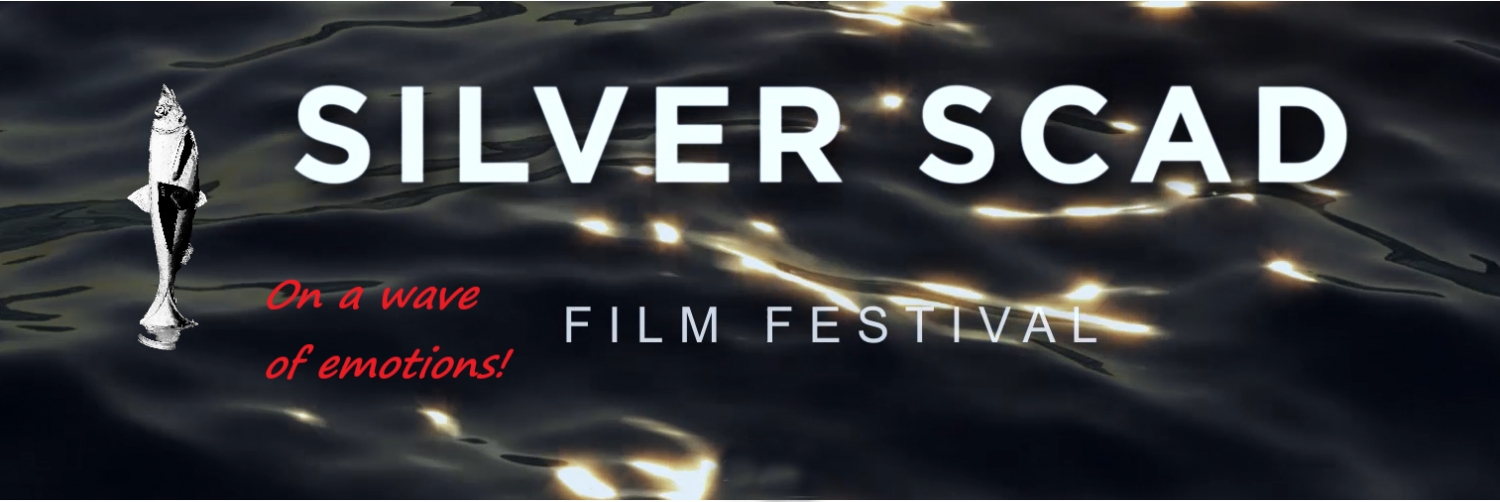
Silver Scad Film Festival
Sevastopol, Russia
The festival slogan: "On a wave of emotions!" reflects the concept: cinema should evoke the emotions of the viewer. The festival prefers films that catch and make us laugh, cry, deeply empathize. These are films with a strong catching story.
Feature shorts of all genres (up to 40 min) and documentary films - from all over the world are considered.
Every year three unforgettable days of the sea shore velvet season await participants and guests of the festival. Cinema, emotions, the sea, the sun and live music. The festival is held in the famous art gallery "Green Pyramid", which is a stone's throw from Chersonesos - the historical center of Sevastopol.
The competition is judged by international jury.
International Festival
Short film festival
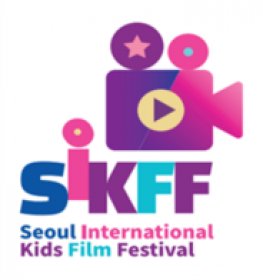
Deadline
30 Sep 2022
Published: 27 Aug 2022

7th Seoul International Kids Film Festival
South Korea in Seoul, South Korea
The main purpose of the Seoul International Children's Film Festival (SIKFF) is to present the best films for children, teenagers, and families produced around the world. In order to expand the culture of participants, SIKFF renamed the Seoul Children's Film Festival from the Seoul Children's Film Festival to the Seoul International Children's Film Festival and is striving to encourage teenagers who will lead the film industry and to get various opportunities. SIKFF realizes the importance of a culture that all family members can share and cherish. SIKFF attempts to introduce various genres at home and abroad that deal with various necessary topics about children.
SIKFF is the seventh film festival with a long history and the opening of the event is 2022.10.21 to 10.29.
※ This event will be broadcast live on Metabus and YouTube (domestic and international/simultaneous interpretation)
International Festival
Short film festival

Deadline
31 Aug 2022
Published: 27 Aug 2022

14th Indian Cine Film Festival-26, Mumbai
Mumbai, India
India Cine Film Festival has its roots almost a decade back in northern India. The festival was launched in Meerut and was concluded successfully in Noida with participation from almost 18 countries. In year 2014 the Miniboxoffice has adopted the festival officially from its organizers and Indian Cine Film Festival are now moving with passionate minds of Miniboxoffice. The ICFF-26 aim is to give momentum to the independent cinema.
The ICFF objective is to create a platform for the meeting, sharing & development of great cinematic ideas. The festival along with international competitive films screenings also holds a film market & industry oriented master classes & discussions. The festival will provide a central point where industry people can share business and new opportunities shall be created for new talent.
The 14th edition of Indian Cine Film Festival is aimed to set new milestone and it’s an endeavor of Miniboxoffice to make it relevant for each & every participant. With this I welcome you all & see you at ICFF-26 with your cinematic craft.
International Festival
Short film festival
Feature film festival
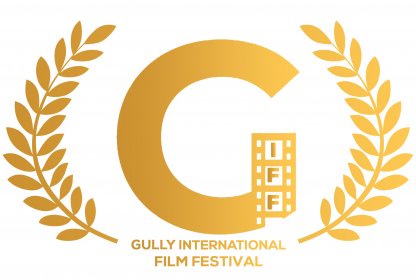
Deadline
30 Nov 2022
Published: 27 Aug 2022

Gully International Film Festival
Nawada, India
Welcome to Gully International Film Festival & Awards
Gully international film festival is an event dedicated to international short films/feature films/documentary films/music album/web series/advertisement etc of all genres, aiming to find new voices and perspectives to celebrate the power of a good story. We are committed to bring the best of worldwide cinema.
All the main categories (120 awards categories) winners will be provided attractive trophy & certificates & for special winner will get cash prizes. All participants will get participation certificate & laurel.
No other city in India honors the cinema as Gully does, living and breathing throughout the year under the lights of cinema. it has been “the” city of cinema, where you can find as much talent as the stars that it welcomes and without any doubt is the number-one international market for filmmakers.
We are willing to screen your film amongst diverse audiences in order to support you in developing your uprising career, therefore in addition to our public Event in the india.
We know the importance of Gully filmmakers becouse thet didnt get any platform to showcase their talent. This is why we are committed to promoting filmmaker’s projects. We consider each event an opportunity for networking with other artists and people from the industry.
